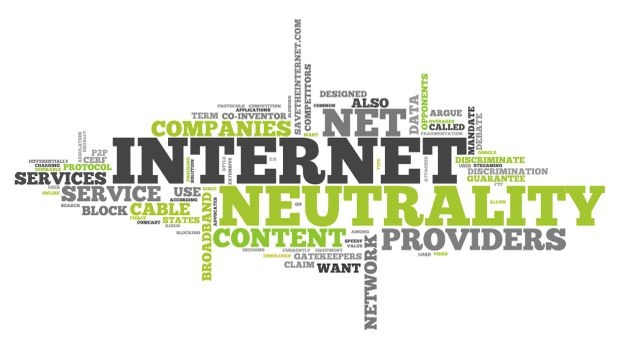The Obama administration has expressed its strong opposition to H.R. 2666 because it said the legislation would “undermine key provisions" of the FCC’s Net neutrality regulations.
April 15, 2016

By Josh Long
The House of Representatives on Friday passed a bill that prevents the Federal Communications Commission from regulating Internet rates, but the legislation has little chance of becoming law since the Obama administration has threatened to veto it.
“We’re surprised that there’s any opposition to this bill given that the administration has stated on multiple occasions that it is not interested in regulating broadband prices,” said David Bartlett, vice president of federal government affairs with CenturyLink. “Rate regulation is counter to innovation and market evolution and would harm broadband infrastructure investment, especially in rural markets.”
The Obama administration has expressed its strong opposition to H.R. 2666 (No Rate Regulation of Broadband Internet Access Act) because it said the legislation would “undermine key provisions” of the FCC’s Net neutrality regulations.{ad}
The legislation was passed in the House by a vote of 271 to 173.
Following the vote, Congressman Adam Kinzinger, a Republican from Illinois who introduced the bill, said H.R. 2666 “codifies” previous promises by President Obama and FCC Chairman Tom Wheeler that the federal government would not regulate broadband Internet access rates.
“If the FCC were to regulate rates it could harm every American across the country that has a Wi-Fi connection by imposing artificial restraints on their plans and service options,” House Majority Leader Kevin McCarthy (R-California) said during the floor debate.
Wheeler has opposed the legislation, rejecting suggestions that it is consistent with views he expressed last year before the Senate Appropriations Committee. In a March 14 letter to House Energy and Commerce Committee Chairman Fred Upton (R-Michigan), Wheeler said the bill would “introduce significant uncertainty into the Commission’s ability to enforce the three bright line rules that bar blocking, throttling and paid prioritization” of Internet traffic, “as well as our general conduct rule that would be applied to issues such as data caps and zero rating.”
“It would also cast doubt on the ability of the Commission to ensure that broadband providers receiving universal service subsidies do not overcharge their consumers,” Wheeler wrote. “Finally, it would hamstring aspects of the Commission’s merger review process.”
Read more about:
AgentsYou May Also Like
